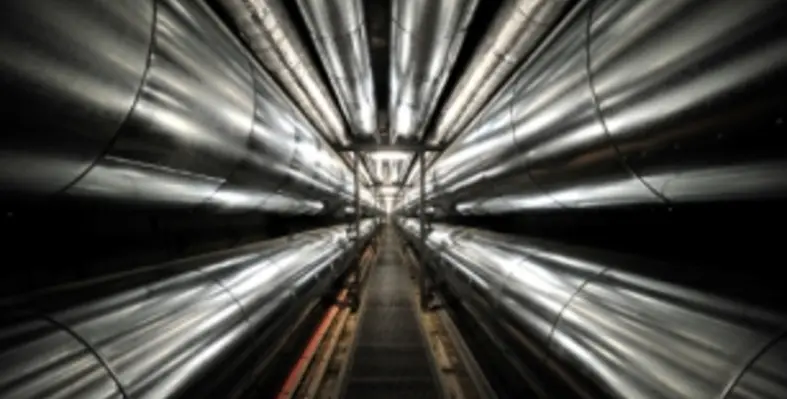Masdar Institute are to partner with the Abu Dhabi Sewerage Services Company to build human capital and improve strategic tunnel enhancement programme
The Masdar Institute of Science and Technology, an independent, research-driven, graduate-level university focused on advanced energy and sustainable technologies, and the Abu Dhabi Sewerage Services Company (ADSSC), have signed a Memorandum of Understanding (MoU) that will enable knowledge sharing and advanced research to ensure the sustainable and safe construction of underground tunnels in Abu Dhabi.
The MoU was signed by HE Mubarak Obaid Khamis Al Dhaheri, Deputy Managing Director, ADSSC, and Dr Behjat Al Yousuf, Interim Provost, Masdar Institute.
Dr. Al Yousuf of Masdar Institute said: ?Rapid urbanization in the UAE demands the development of more underground infrastructure like pipelines. However, the environmental impact of underground construction, including tunnels, is substantial. That is why it is important to develop a robust knowledge base to ensure that underground infrastructure projects are developed in a way that balances between meeting growing infrastructure needs and preserving the environment.? to ADSSC?s Strategic Tunnel Enhancement Programme
Al Dhaheri of ADSSC said: ?This collaboration with Masdar Institute supports the ADSSC?s goal to proactively coordinate with relevant authorities in order to deliver infrastructure to the highest standards while enhancing sustainability.?
The MoU is directly related (STEP), which is one of the longest pipeline infrastructure project in the world. STEP has successfully laid down 41 kilometres of deep sewer tunnels in Abu Dhabi. The completed tunnels will have the capacity to accommodate a flow of 1.7mn cubic metres of wastewater per day by 2030.







